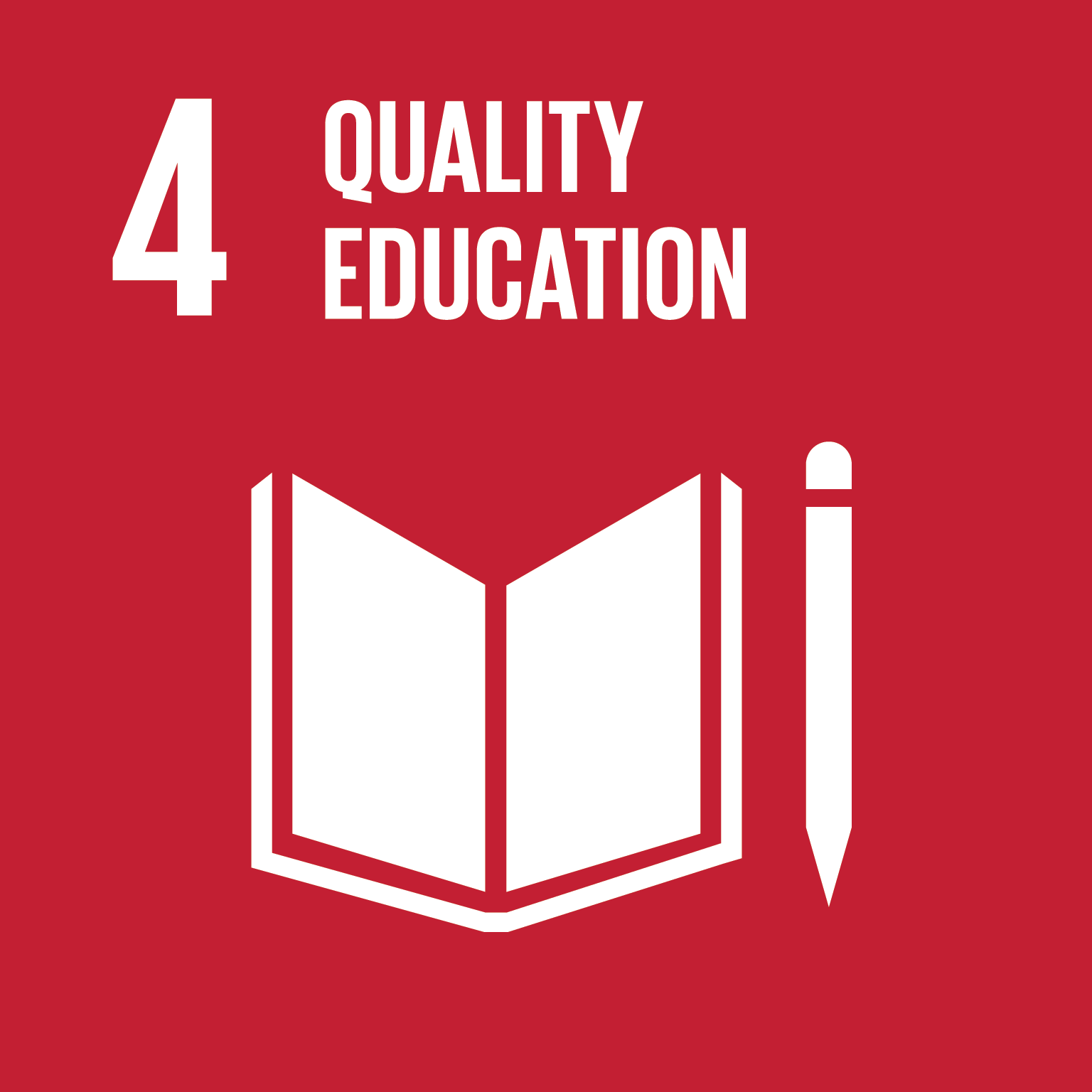Country Profile
Zambia produces over 170,000 metric tons of fish annually, with almost 56% from capture fisheries. The aquaculture sector is growing steadily and contributed 74,000 metric tons in 2022 mainly smallholder farms. Zambia faces a variable climate, and is susceptible to droughts and floods exacerbated by climate change. The government is committed to economic diversification, food security, and sustainable employment through aquatic food systems
WorldFish’s Support
WorldFish has operated in Zambia since 2008, enhancing fisheries and aquaculture productivity, strengthening value chains, and boosting fish consumption for improved nutrition and livelihoods. WorldFish Zambia country programming focus on Climate and the Environment, Society and the Economy, and Nutrition and Public Health, aiming to catalyze an inclusive, people-centered blue economy in line with Zambia’s national development plan.
Key Initiatives
- Integrated Aquaculture Agriculture Systems: Part of the CGIAR Climate Research for Africa initiative, targeting over 70,000 smallholder farmers in Northern Zambia with climate information and high-value fingerlings.
- Genetic Improvement Program: Developed a disease-free, genetically diverse foundation broodstock for three-spotted tilapia, reducing inputs and carbon footprint.
- Sustainable Feeds Project: : Developing low-cost, nutritious fish feeds for 5,000 smallholder farmers as part of The Development and Scaling of Sustainable Feeds for Resilient Aquatic Food Systems in Sub-Saharan Africa (FASA) project in Nigeria, Zambia, and Kenya.
Fast Facts
- Per capita fish consumption: 13.2 kg per person per year
- Fish contributes 3.2% to Zambia’s GDP
- 72,000 Zambians work as fishers, with women making up the majority
- Smallholder farmers contribute 51% of aquaculture production
- Fish imports declined by 3% from 2021 to 2022, valued at USD 131 million
Enabling Impact
WorldFish’s Zambia country program prioritizes nutrition and public health for vulnerable populations. From 2021 to 2023, the FishFirst!Zambia Project tested and distributed Complementary Food for Africa + dried fish powder (ComFA+Fish), enhancing young children's diets. Through the PROFISHBLUE project, launched in March 2023, WorldFish works with SME fish processors in the Southern African Development Community to sustainably manage fisheries, improve food security, create jobs, facilitate trade, and build climate resilience.
Low fish consumption in Zambia is linked to low production and profitability. The Piloting Inclusive Business and Entrepreneurial Models (IBEM) project in Zambia and Malawi addresses challenges like access to quality seeds, fingerlings, feeds, and microfinance. The IBEM initiative mentored 73 aquapreneurs in Zambia, helping them establish hatcheries, supply feed, and train smallholder farmers. Access to quality fingerlings rose from 14% to 73%. The initiative trained 3,672 farmers (37% women) in better management practices. New technologies increased household incomes by 129%, improving local fish supply. Over 25,000 people, mostly women, now have access to nutritious aquatic foods.
Moving Forward
WorldFish’s Zambia country program emphasizes gender equality in aquaculture. The AQ TEVET project trained thousands of smallholder farmers, including women and youth, enhancing skills and community involvement. Women in the Kalele Group have thrived, overcoming gender barriers to poverty and malnutrition reduction.
WorldFish’s interventions have improved women’s resource access, technology use, and climate-resilient practices, supporting gender equality to realize aquaculture’s potential.
Country Factsheet Country Program
Partners
- Ministry of Fisheries and Livestock
- Ministry of Green Economy and Environment
- National Food and Nutrition Commission
- MUSIKA
- Adventist Development and Relief Agency
- WWF
- Aller Aqua, Zambia
- Sylva Foods
- Novatek
- EUNIMOS Investment Limited
- Triple Blessing
- Kasakalabwe Cooperative
- HopeWays Enterprises
- Mississippi State University
- University of Zambia
- Stellenbosch University
- Copperbelt University
- Mulungushi University
- Natural Resources Development College
- FAO
- International Institute of Tropical Agriculture
- International Water Management Institute
Donors
- African Development Bank
- CGIAR Gender Impact Platform
- Chartered Institute of Architectural Technologists
- Deutsche Gesellschaft für Internationale Zusammenarbeit GmbH
- European Union
- North American Aerospace Defense Command
- Southern African Development Community
- United States Agency for International Development
- World Bank
Download the Zambia factsheet here









